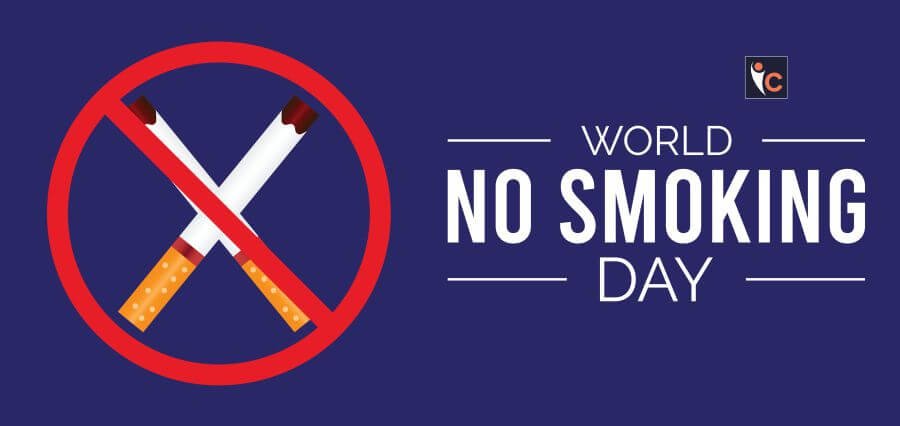An annual “No Smoking Day” is observed every year to raise awareness against the harmful effects of smoking tobacco. Smoking is a habit that many people have and is associated with severe health hazards, often leading to lung cancer. However, people find it difficult to leave, quit, or decrease their tobacco use because cigarette addiction is a difficult thing to tackle. While everyone is aware of the harmful effects of smoking, there is little social pressure or personal awareness regarding how quickly things can deteriorate on the health front.
In India, tobacco usage affects over 26 crore people of all ages and genders. Tobacco-related diseases claim the lives of over 10 lakh people annually, and passive smoking also poses a serious risk to health, frequently resulting in pneumonia, bronchitis, and asthma attacks.
The second Wednesday of March is designated as No Smoking Day every year. Ash Wednesday, which was observed in 1984, was the first of many “No Smoking Days” that were to be observed in the United Kingdom. Later on, the second Wednesday of March was chosen as the new date.
Today, No Smoking Day is a yearly health awareness campaign aimed at supporting smokers who choose to give up. On the occasion of “No Smoking Day,” in 2010, a campaign called “Break free” was launched to encourage smokers to literally break free from the bonds of tobacco addiction.
As we enter a new decade, the need for this kind of understanding is greater than ever. In addition, a number of media figures and celebrities use the event to promote anti-smoking PSAs.
Advice on quitting smoking: Dr. Malini Saba, a psychologist and the founder and chairman of the Ananke Foundation, offered these five easy techniques to help you fight the need to use tobacco products or smoke when a craving strikes.
Identify a good excuse:There could be a personal motive, including enhancing well-being or decreasing the likelihood of contracting illnesses like heart disease, lung cancer, or other conditions; shielding your loved ones from secondhand smoke; or a spiritual one. To make your argument for quitting smoking strong enough to withstand the need to smoke, you must carefully consider your reasons for doing so.
Avoiding triggers: Events like parties, drinking occasions, and stressful situations are examples of settings where you may have previously smoked or chewed tobacco. It can be useful to recognize trigger circumstances, steer clear of them entirely, or deal with them using coping techniques other than smoking. Try eating a piece of dark chocolate, which contains nicotine, if you typically smoke after lunch. Although dark chocolate is good for your lungs, it also increases serotonin and dopamine, which improve mood and reduce stress.
Snacking Replacement: Snack on it to help fight urges for cigarettes by giving your tongue something to do. Hard candies or chew gum without added sugar. Alternatively, munch on some crunchy and delectable raw carrots, almonds, fox-nuts, or sunflower seeds. You shouldn’t diet when trying to stop smoking. It can backfire spectacularly and put your body under more stress. Maintain a low-key lifestyle and raise your intake of whole grains, fruits, eggs, and protein—all of which are good for you.
Hobbies and exercise: Engaging in physical activity can help you divert your attention from the want to smoke. Exercise, sports, yoga, brisk walks, deep breathing, and even dancing are examples of physical activities that might divert attention from and lessen the intensity of tobacco cravings. If physical activity is not an option, hobbies like writing, art, and crafts, journal writing, meditation, stitching, planting, cleaning, painting, visualization, massage, or relaxing music can all be as helpful.
Avoid Totally: You might give in to the temptation to smoke or chew tobacco for the first time, but don’t fool yourself into believing that this is the end of your addiction. You virtually always want more than one when you start with one. Furthermore, it’s entirely possible that you’ll pick up smoking again.
Read More: Click Here





